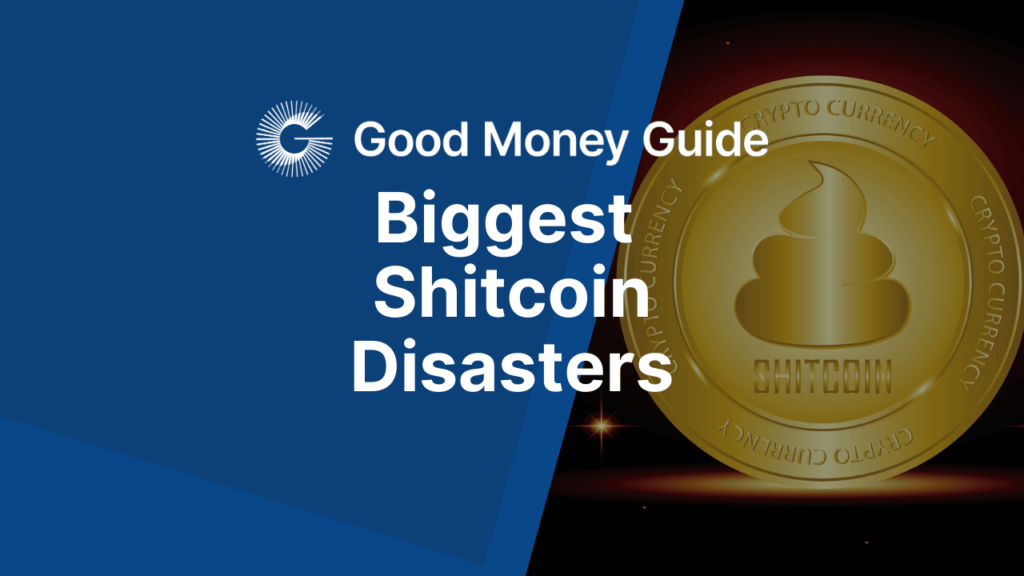As the recent collapse of the “Hawk Tuah Girl” $HAWK coin goes to show, the murky undercurrent of the crypto market can be dangerous for traders to swim in.
Yet speculators are often enticed by the lure of getting rich quick, even if any gains they make are based on a thesis that amounts to a load of bovine scatology. Cryptocurrencies targeted at such punters have been aptly dubbed “shitcoins.”
These dubious contributions to financial technology often take the form of pump-and-dump scams, in which the people behind the coin and their supporters drum up hype on social media before selling their holdings. This leaves the naive – or greedy – to take the subsequent fall in price.
$HAWK has been accused of being such a scheme, as its price crashed more than 90% within hours of launch, with insiders allegedly controlling much of the supply. The coin’s instigator, Hailey Welch, who had risen to online fame as “Hawk Tuah Girl” for her imitation of an unprintable act, has denied these claims.
Regardless, the almost immediate collapse of the crypto coin shows the risks of making investments based on memes. Below, we highlight 10 similar shitcoin disasters.
1. OneCoin: $4.5 billion lost
Launched in 2014, OneCoin is perhaps the standout example of a cryptocurrency Ponzi scheme, with The Times calling it “one of the biggest scams in history.”
More than $4 billion of investors’ money has been lost to the scheme, which began unravelling after attracting the attention of governments in multiple countries from 2016.
The coin was founded by Bulgarian-born German citizen Ruja Ignatova alongside businessman Sebastian Greenwood. Ignatova is currently a fugitive on the FBI’s Top Ten most-wanted list, while Greenwood is serving a 20-year prison sentence on fraud and money laundering charges.
2. Bitconnect: $2.4 billion lost
Bitconnect posed as a lending platform promising high returns for those who traded bitcoin for its Bitconnect coin (BCC), which launched in 2016.
In reality, the setup was another Ponzi scheme – with returns paid from incoming money – and investors lost at least $2.4 billion when the coin collapsed in value two years later, according to the US financial regulator, the Securities and Exchange Commission (SEC).
In 2017, the coin’s value reached a peak of more than $470, but by the end of 2018, it was effectively worthless, as the platform and its backers came under investigation in the United States.
The US Department of Justice initiated criminal charges against the coin’s founder, Indian national Satish Kumbhani, in 2022, while its main American promoter, Glenn Arcaro, pleaded guilty to criminal charges in 2021 and agreed to pay $17 million to victims of the scam.
3. PlusToken: $2 billion lost
Similar to OneCoin and Bitconnect, PlusToken was a multi-level marketing (MLM) scheme that offered returns to investors in exchange for depositing Bitcoin and Ethereum into its connected platform.
The cryptocurrency operated between 2018 and 2019, during which more than $2 billion is thought to have been stolen from over 200 million investors, mainly in China and South Korea.
4. WoToken: $1.1 billion lost
WoToken operated similarly to PlusToken, offering users high returns for depositing their Bitcoin or Ethereum.
It was revealed in 2018 that WoToken’s founders, who were arrested, had defrauded users of more than $1 billion.
5. Squid Game Token: $3 million lost
An example of how crypto scams often exploit cultural bandwagons, the value of the Squid Game Token peaked at more than $2,800 per coin in 2021 on the back of the release of the popular Netflix series “Squid Game.”
However, the coin lost nearly all its value in hours when investors found they were unable to resell their tokens. The crypto coin’s developers then disappeared, taking more than $3 million with them.
6. Turcoin: $21 million lost
Crypto scams can also exploit ideological passions. In 2017, Turcoin launched, with its founders claiming for itself the status of Turkey’s national cryptocurrency.
However, just one year later, its founders were arrested after it was revealed that they had embezzled the equivalent of at least $21 million from investors.
7. Centra Tech: $25 million lost
Some crypto scams rely on celebrity endorsements. In 2017, Centra Tech raised more than $25 million in an initial coin offering (ICO) after attracting the backing of celebrities Floyd Mayweather and DJ Khaled.
However, its founders were later arrested for fraud after it was revealed they fabricated partnerships and falsely claimed to have technology backing the project. Mayweather and Khaled settled charges with the SEC for failing to disclose payments to promote the cryptocurrency.
8. My Big Coin: $7.5 million
The backers of My Big Coin claimed it was backed by gold and had a partnership with Mastercard.
An investigation by the US Commodity Futures Trading Commission found these to be lies, with investors losing $7.5 million between 2014 and 2017. The token’s founder, Randall Crater, was later sentenced to eight years in prison.
9. Nano
Nano is a bit different from the other crypto coins on the list here, having apparent technical validity. It has been promoted as a new cryptocurrency for fast, free transactions, and gained some traction on that basis.
However, the price of the currency has been volatile, reaching an all-time high of $33 in 2018 before falling rapidly to its current level of around $1 the same year after Italian cryptocurrency exchange BitGrail – where much of the tokens were held – announced it was hacked and eventually shut down.
This indicates the risk to investors posed by cryptocurrencies being highly concentrated among specific individuals or on certain exchanges, even if they may otherwise have some legitimacy.
10. BitPetite
Another Ponzi scheme-type scam, BitPetite promised guaranteed returns but lacked real value or utility.
While the exact amount of losses is not clear, thousands of investors bought into the platform when its developers absconded with their money after it was shut down in 2017.

Robin has more than six years of experience as a financial journalist, most of which were spent at Citywire, and covers the latest developments in the investing, trading and currency transfer space. Outside of work, he enjoys reading literature and philosophy and playing the piano.
You can contact Robin at robin@goodmoneyguide.com



